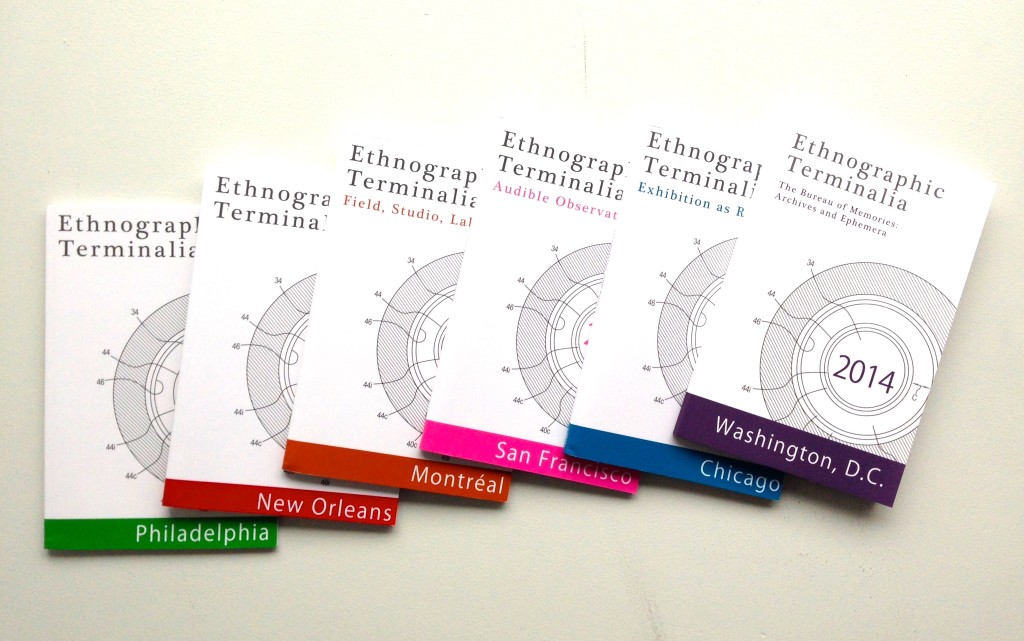The Whole World is Blind
Text & Audio
2012
Artist Statement
Departing from the idea that seeing is believing and moving toward the theories that Virginia Woolf and Susan Sontag espoused that visuals often mislead if not outright lead to complacency and even engender disaster, this project aims to “see” visuals from recent and ongoing wars without looking. The aim here is not to call out particular places or photographers, but to do the opposite, to somehow neutralize the terror inherent in a war photograph becoming a market commodity, and a work of art. Like Woolf and Sontag in their books, I believe it necessary to describe but not to show war photographs in order to understand and respect the power they hold. Most photographs taken of people in the public sphere are of suffering and most of that suffering is manmade. Leaving a notebook for the audience to comment on allows us to determine how iconic these particular photographs have become in the past few years, if at all.
Do the observers recognize them, even in their most muted form –metaphor? What can we sense about mortality and morality — about war when we allow ourselves to be blinded? When we are forced to listen and imagine? When we stop privileging visuality and heighten our sense of sound? Can it tame the violence of the art? Can blindness lead us to a new kind of vision that would open a space for peace, love and beauty? This sound work will loop through a history of the present moment to bring us back to our originary question: is seeing believing? Perhaps the greatest pinnacle of vision resides in blindness. Just as the loudest message is born in silence.
Biography
Roxanne Varzi is an Associate Professor of Anthropology and Film and Media Studies at the University of California, Irvine. She is a core faculty member of the Culture and Theory PhD program and the working group in African and Middle Eastern studies. She is an affiliated faculty member of the Dr. Samuel M. Jordan Center for Persian Studies and Culture, Religious Studies, and the Center for Global Peace and Conflict Studies. She is also on the editorial board of the Journal for Media Sociology. Her film, Plastic Flowers Never Die, was an official selection of over half a dozen film festivals. Her current projects include a book about artistic production by Iranians inside and outside of Iran since the revolution and a sound installation regarding the power of war images.

